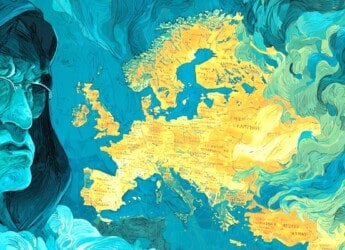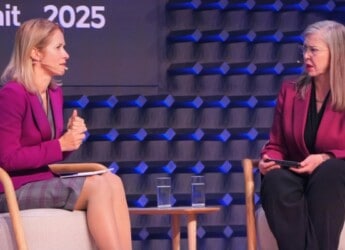ARCHIVED CONTENT
You are viewing ARCHIVED CONTENT released online between 1 April 2010 and 24 August 2018 or content that has been selectively archived and is no longer active. Content in this archive is NOT UPDATED, and links may not function.Extract from article by Albert Bollard, Clark Durant, Rohit Sood and Matt Tobelmann and published by McKinsey Insights
Whether they are securities lawyers or financial analysts or electric engineers, experts are much more likely to identify themselves by their expertise than by their employer. As a result, they’re also more likely to pursue deeper expertise for its own sake. For the organization, the danger is that being right about a particular technical point can become more important to experts than solving whatever larger issue the organization is confronting.
At one corporate lender, for instance, experts from legal, finance, and other specialties were so intent on solving problems with their own assessments—which often depended on input from one another—that deals would be backlogged for months, even when a borrower’s assets and credit history were more than sufficient to justify the proposed credit line. Each group of experts focused on its own domain, with only a weak connection to the client’s goal (getting the deal done) or to other groups of experts. From the experts’ perspective, the risk of being wrong was far greater than the risk of delay.
Read the complete article at Transforming expert organizations

























